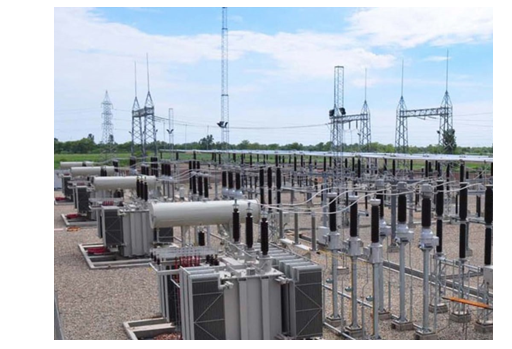INP-WealthPk
Amir Saeed

Experts urged the government to reconsider the agreements made with independent power producers (IPPs), as the inflated electricity rates have hampered the country’s energy sector, reports WealthPK. According to the experts, the IPPs deals are excessively costly and unsustainable, leading to a substantial economic strain on both industries and domestic consumers. The tariffs associated with these deals have resulted in a significant financial burden, which has had a ripple effect on the economy. Talking to WealthPK, Kaiser Bengali, former economic advisor to the Sindh government, said the investment opportunity in the energy sector was a game-changer, offering a unique combination of benefits that mitigated risk and promised attractive returns. The indexing of returns to the US dollar and US inflation was a move that protected the investors against currency volatility and economic instability.
He highlighted that the government offered 17% return on investment, showing that they wanted to bring in foreign money and grow the energy sector. Even when the return went down to 12 percent during the revised 2002 power policy, local investors still thought it was a good chance. “These deals, which were once lauded as a solution to the country’s energy crisis, are now doing more harm than good to the country’s economy,’’ he stressed. He pointed out that the increased tariffs had raised worries about the long-term viability of such agreements, as well as their impact on the financial health of various sectors and individuals. High costs have resulted in greater expenses for industries, potentially impeding their expansion and competitiveness, while domestic consumers face higher electricity bills, thereby affecting their disposable income and general standard of living.
He suggested that the government should reconsider the IPPs agreements and negotiate better deals with other power producers, especially from renewable energy sources such as solar and wind. These sources offer cleaner and cheaper electricity, with tariffs as low as Rs 6-8 per unit. Talking to WealthPK, Tauseef Farooqi, former chairman of National Electric Power Regulatory Authority (Nepra), said the energy sector was grappling with significant challenges, including circular debt, which had led to severe liquidity crisis for the power generation companies. The high tariffs resulting from IPP deals have contributed to increased power theft and line losses, further exacerbating the issue. He explained that the IPPs deals guaranteed a minimum return on investment, regardless of whether or not the electricity was used. This means the government is forced to pay billions of rupees to the IPPs even if the electricity is not consumed. This has resulted in a massive burden on the country’s economy, causing circular debt to increase.
He pointed out that by reassessing these agreements and exploring alternative options, the government could resolve these issues, improving the overall efficiency of the energy sector, and finding more affordable and sustainable solutions to meet the country’s power needs. “Cancelling the existing IPP deals would pave the way for a more competitive energy market, where multiple players compete for contracts, leading to improved services and more efficient power distribution.” He suggested that by reconsidering or cancelling unfavorable deals, the government could create an environment that fostered a healthy competition, drove progress and benefitted the economy as a whole. A proactive approach would enable the government to secure better terms, reduce tariffs, and ensure a more sustainable and efficient energy sector that caters to the needs of industries, businesses, and consumers, he added.
Credit: INP-WealthPk













